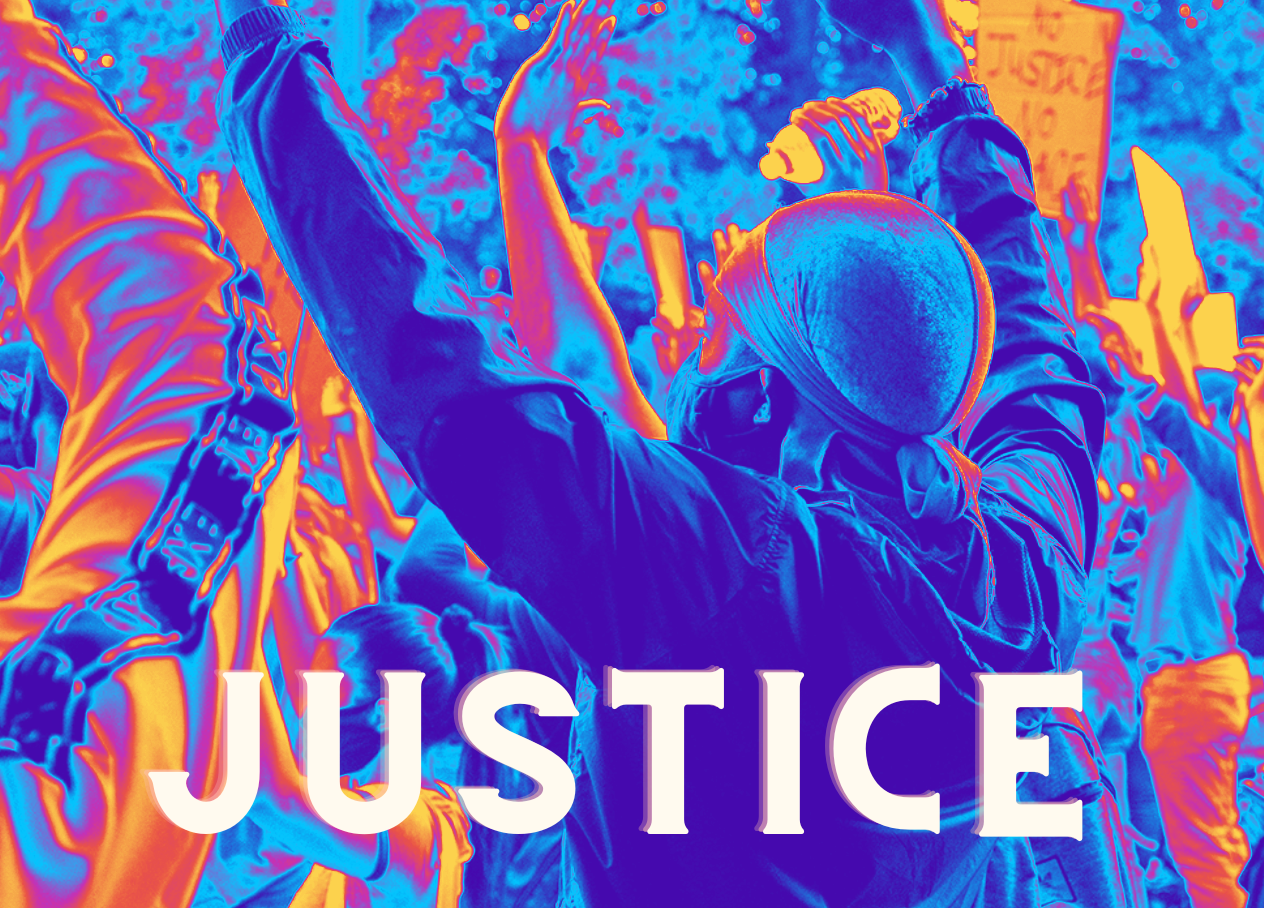First GRACE Podcast ! Dr. Harriett Jernigan interviews Dr. Brandeis Marshall
First GRACE Podcast ! DR. Harriett Jernigan interviews Dr. Brandeis Marshall
Read more about First GRACE Podcast ! Dr. Harriett Jernigan interviews Dr. Brandeis MarshallANNOUNCING GRACE, a new student-run AI Ethics Journal at Stanford.
GRACE: Global Review of AI Community Ethics is a new peer-reviewed, international journal at Stanford University, funded by the NSF. An open-access journal, indexed in Google Scholar, GRACE offers a unique intellectual forum for AI Ethics practitioners to share their work.
GRACE welcomes journal papers on the social impact of AI as well as global frameworks that draw from western and non-western ethics.
The journal also accepts Research Notes, Reviews, and Commentary. From time to time, there are special issues devoted to a particular topic. Submissions are open to the Stanford community as well as scholars at other institutions.
Types of Papers
Social Impact Papers
GRACE welcomes social impact papers describing ethical issues with any aspect of Artificial Intelligence and Machine Learning. A paper should include a convincing motivational discussion and argument, articulate the relevance of the argument to AI/ML, describe the scientific and social impact of the work, include all relevant proofs and/or experimental data, and provide a thorough discussion of connections with the existing literature.
GRACE caters to a broad readership. Papers that are heavily mathematical in content are welcome but should include a less technical high-level motivation and introduction that is accessible to a wide audience and explanatory commentary throughout the paper.
Typical manuscript length is 3000-5500 words.
Framework Papers
Framework papers investigate a diverse spectrum of ethical approaches and problems, including the current limitations of frameworks in AI governance. GRACE welcomes reflections on western and non-western frameworks. Papers must also be free of excessive philosophical jargon and define terms clearly for a non-philosophical audience.
Typical manuscript length is 1000-1800 words.
Research Notes and Commentary
The Research Notes and Commentary section of GRACE will provide a forum for short communications that cannot fit within the other two paper categories. The maximum length should not exceed 1000 words. Some examples of suitable Research Notes include, but are not limited to the following: op-eds, interviews, concise technical research aimed at other specialists; a detailed exposition of a relevant theorem or an experimental result and its ethical implications.
Reviews
GRACE invites students to review important existing and emerging research areas, reviews of topical and timely books related to AI, and substantial, but perhaps controversial position papers that articulate ethical issues of interest in the AI research community.
PODCASTS:
Grace podcasts are conducted by journal mentors Dr. Harriett Jernigan and Dr. Brittany Hull, as well as Linda Denson and Tyah-Amoy Roberts. Podcast submissions are by invitation only.
Possible topics for our first GRACE issue include but are not limited to:
Submission Instructions
The submission process has two steps. First submit a 250 word abstract. All manuscripts will go through the standard double-blind peer-review process according to GRACE guidelines.
Editorial Board
Mentors Dr. Harriett Jernigan and Dr. Brittany Hull
Student editors: Ruth-Ann Armstrong, Isabel Gallegos, Nour Aissaoui, Christian Davis, Famyrah LaFortune, Bethel Bayrau, Linda Denson, Tyah-Amoy Roberts, Isabelle Levent, Linda Tong, Muhammad Khattak.
Webmistress, citations, misc. stuff
First GRACE Podcast ! DR. Harriett Jernigan interviews Dr. Brandeis Marshall
Read More Read more about First GRACE Podcast ! Dr. Harriett Jernigan interviews Dr. Brandeis MarshallNOW PLAYING: GRACE PODCAST #2 with NAKEEMA STEFFLBAUER OF FRAUENLOOP
Read More Read more about NEW GRACE PODCAST with Nakeema StefflbauerHello world! Check out this
Read More Read more about NEW GRACE PODCAST with Ruth-Ann Armstrong and Rasetje SefalaProfessor Emily M. Bender and Dr. Margaret "Meg" Mitchell Stanford talk spoke to the Stanford community and an online audience of 5000 viewers on Dec 2, 2022 Here's the link, which starts around 6:25
Read More Read more about Professor Emily M. Bender and Dr. Margaret "Meg" Mitchell's Stanford talkDr. Donna Hunter of Stanford's McCoy Family Center for Ethics in Society interviews Dr. Broussard about her new book More Than A Glitch: Confronting Race, Gender, and Ability Bias in Tech
Read More Read more about PODCAST with Meredith Broussard Published: 2024-01-22
Read More
Read more about JUST RELEASED Vol. 2 No. 1 (2024): AI in Education, Culture, Finance, and War
Published: 2024-01-22
Read More
Read more about JUST RELEASED Vol. 2 No. 1 (2024): AI in Education, Culture, Finance, and War
In this video, you will learn the components of a Stanford research paper that all our first year students are required to learn. Johnny will walks you through all the parts of the paper how to focus your research question, conduct the research, write all the sections and complete the paper
Read More Read more about RISING GRACE Tutorial with Jonny XueFrom Principles to Practice: Governing High-Stakes AI Across Institutions and the State
Editors’ Introduction:
Muhammad Khattak, Maryam Khalil, Sayo Stefflbauer, and Alex Nguyen
Artificial intelligence is now embedded in the institutions that allocate opportunity, rights, and care: schools and universities, labor markets, healthcare systems, law enforcement, transportation infrastructure, and national security. In each of these domains, AI systems increasingly shape consequential outcomes, often through tools that are difficult for affected people to see, understand, or contest. Governance has failed to keep pace with deployment.
https://ojs.stanford.edu/ojs/index.php/grace/issue/view/185
Read More Read more about First Policy Issue NOW available© Stanford University, Stanford, California 94305. Copyright Complaints